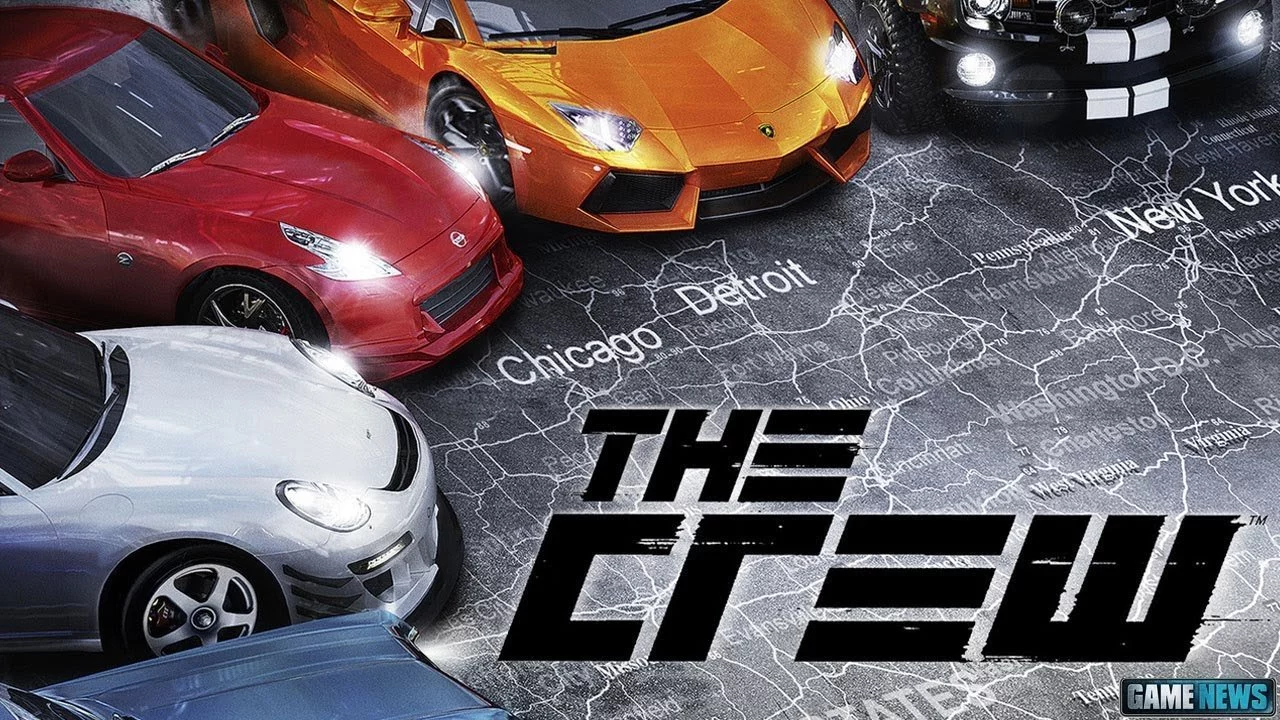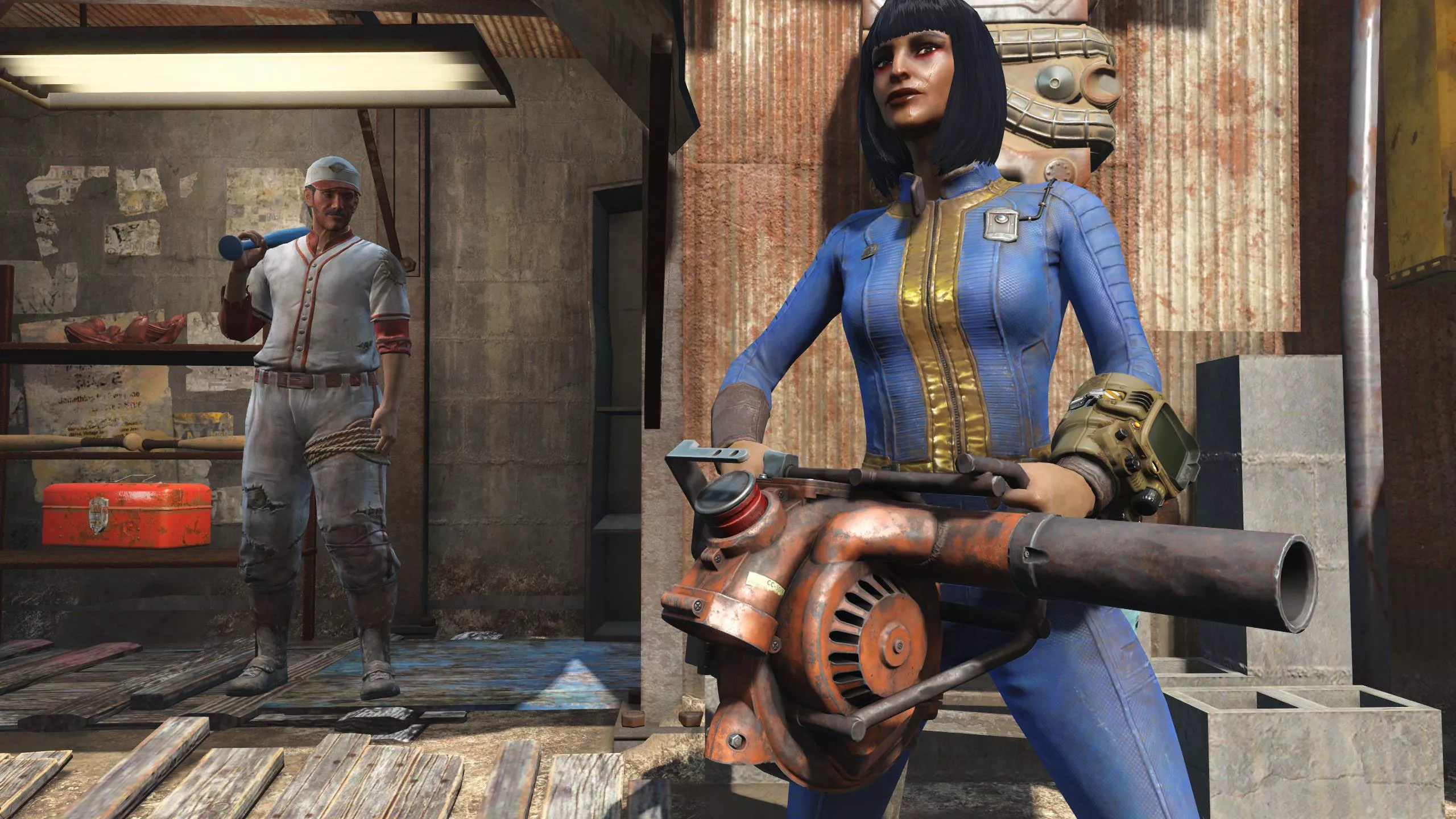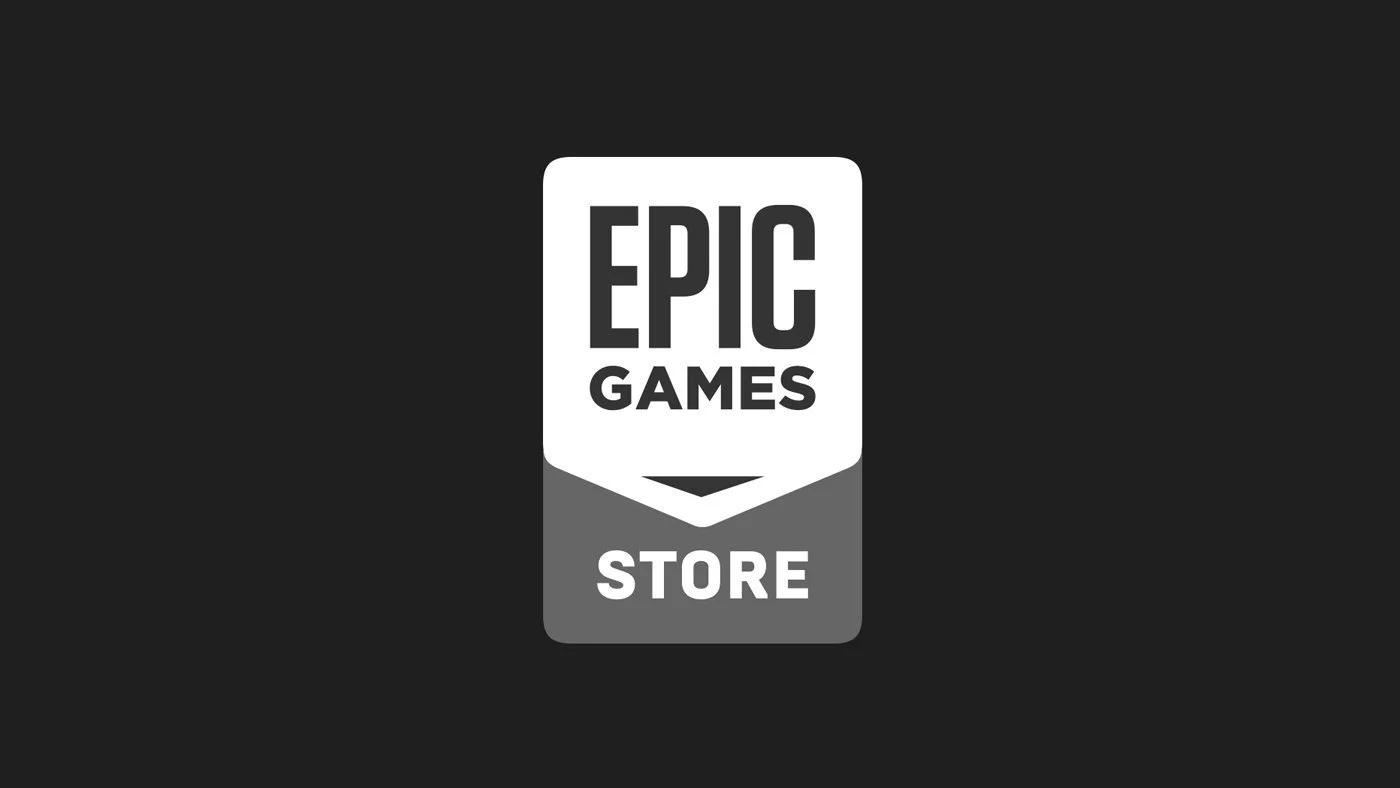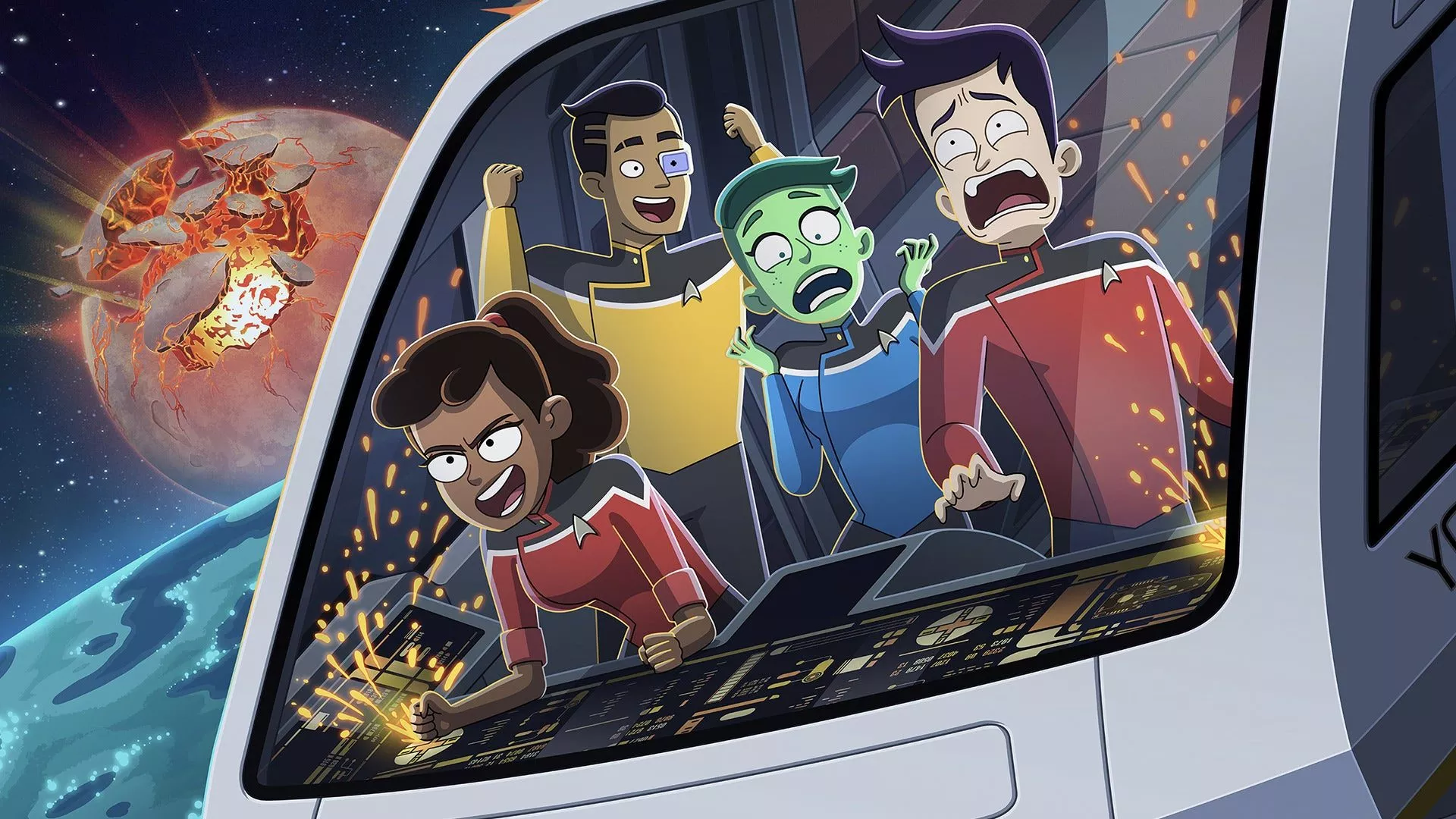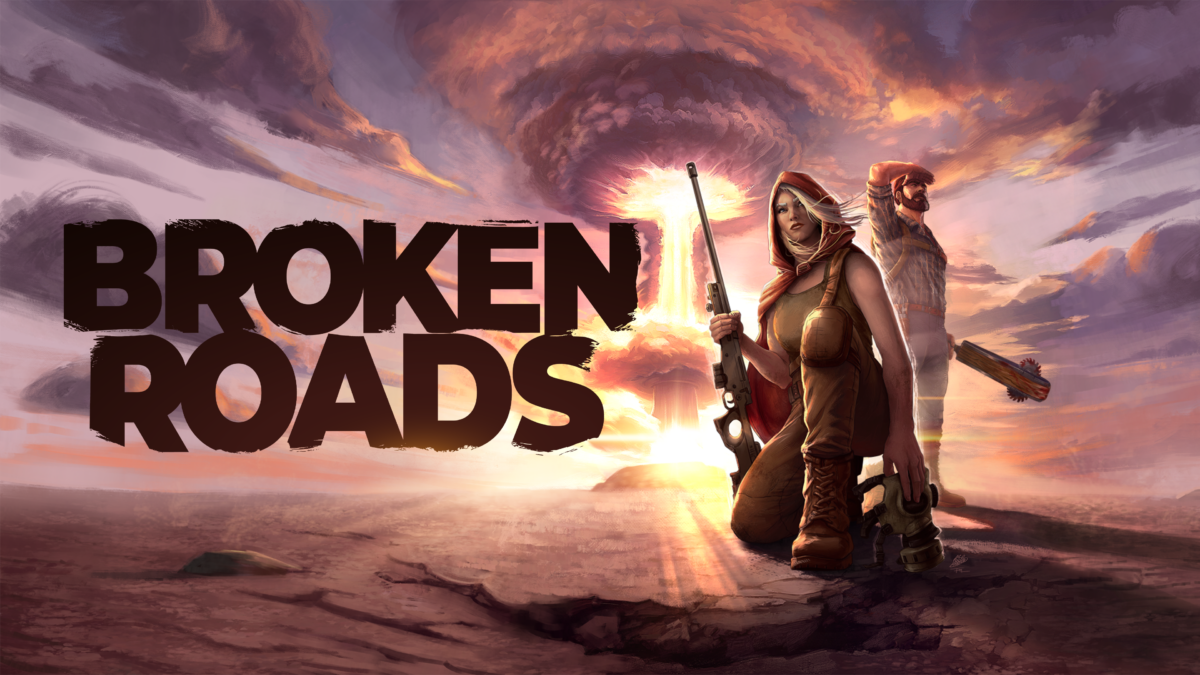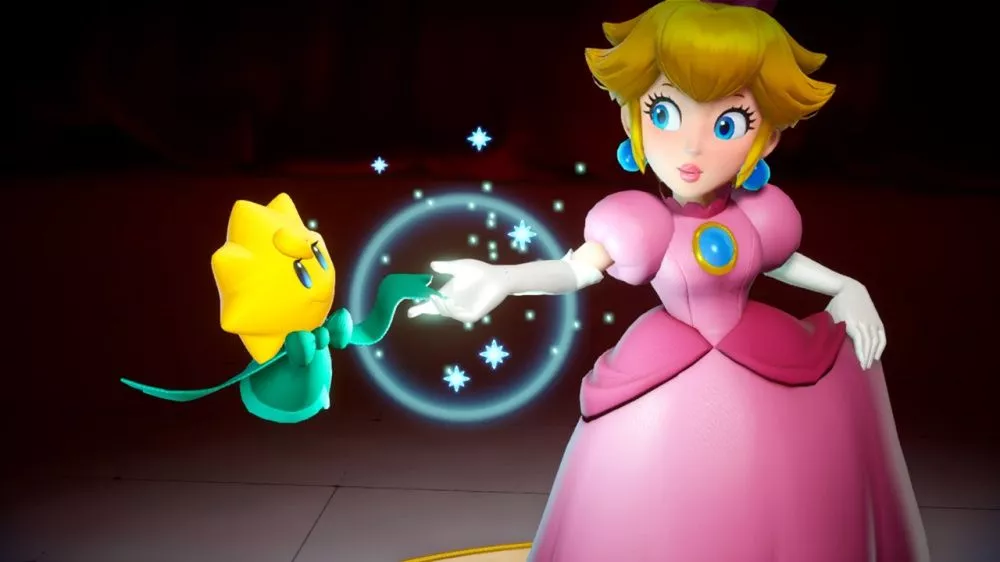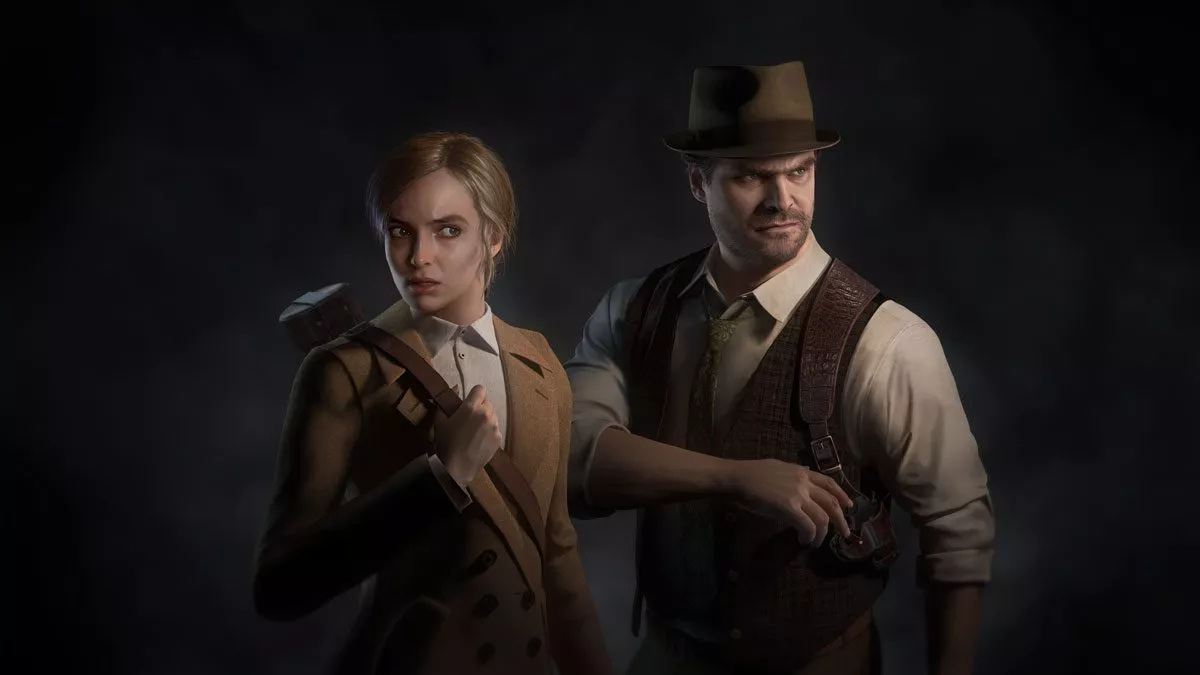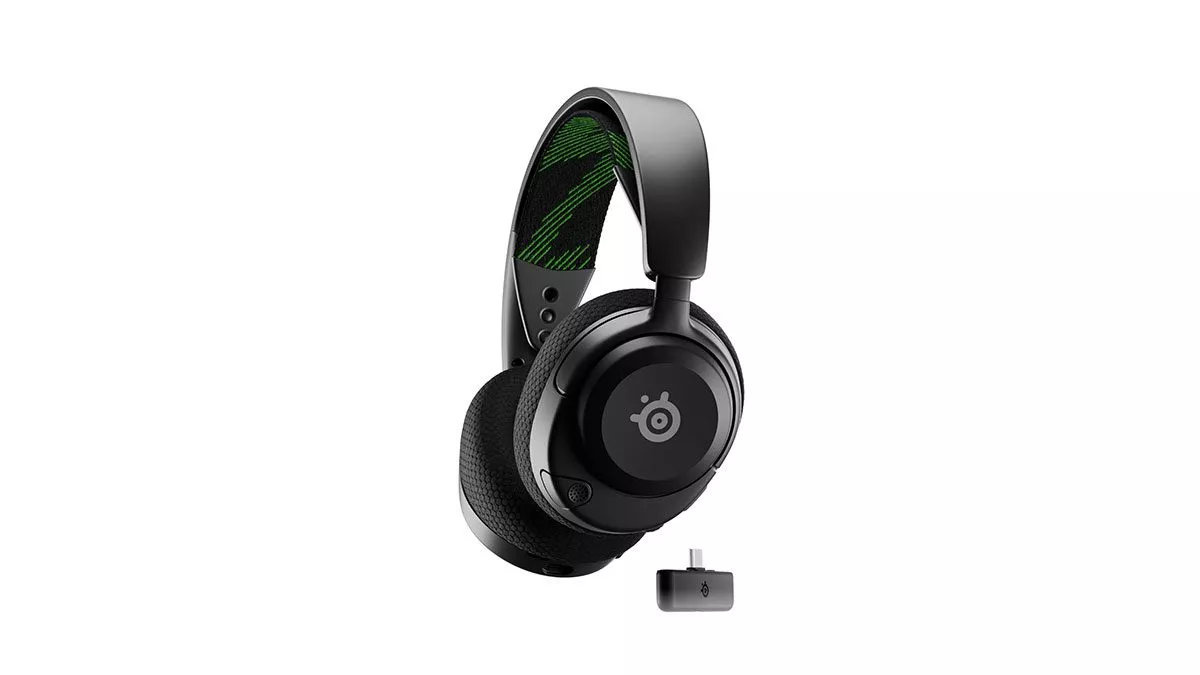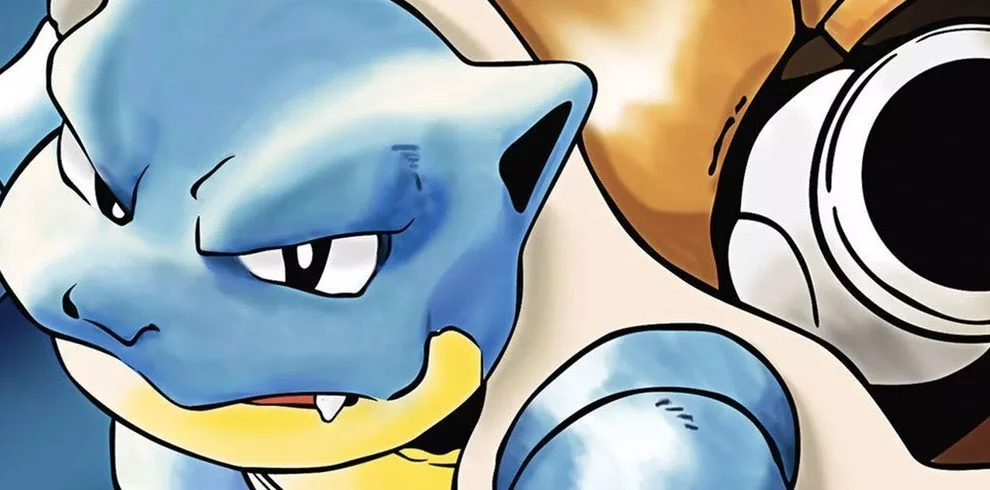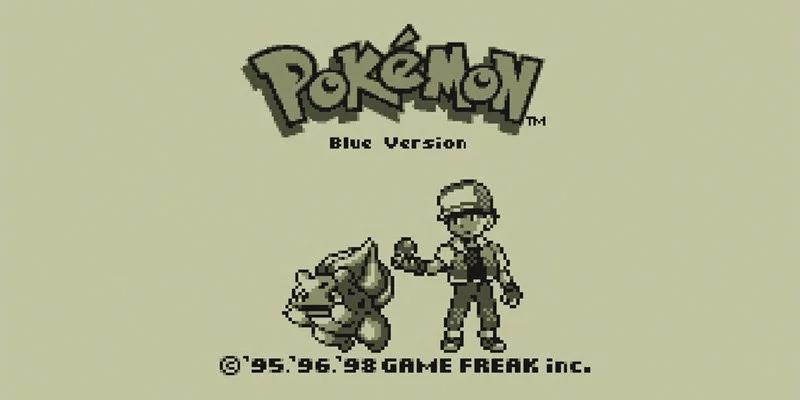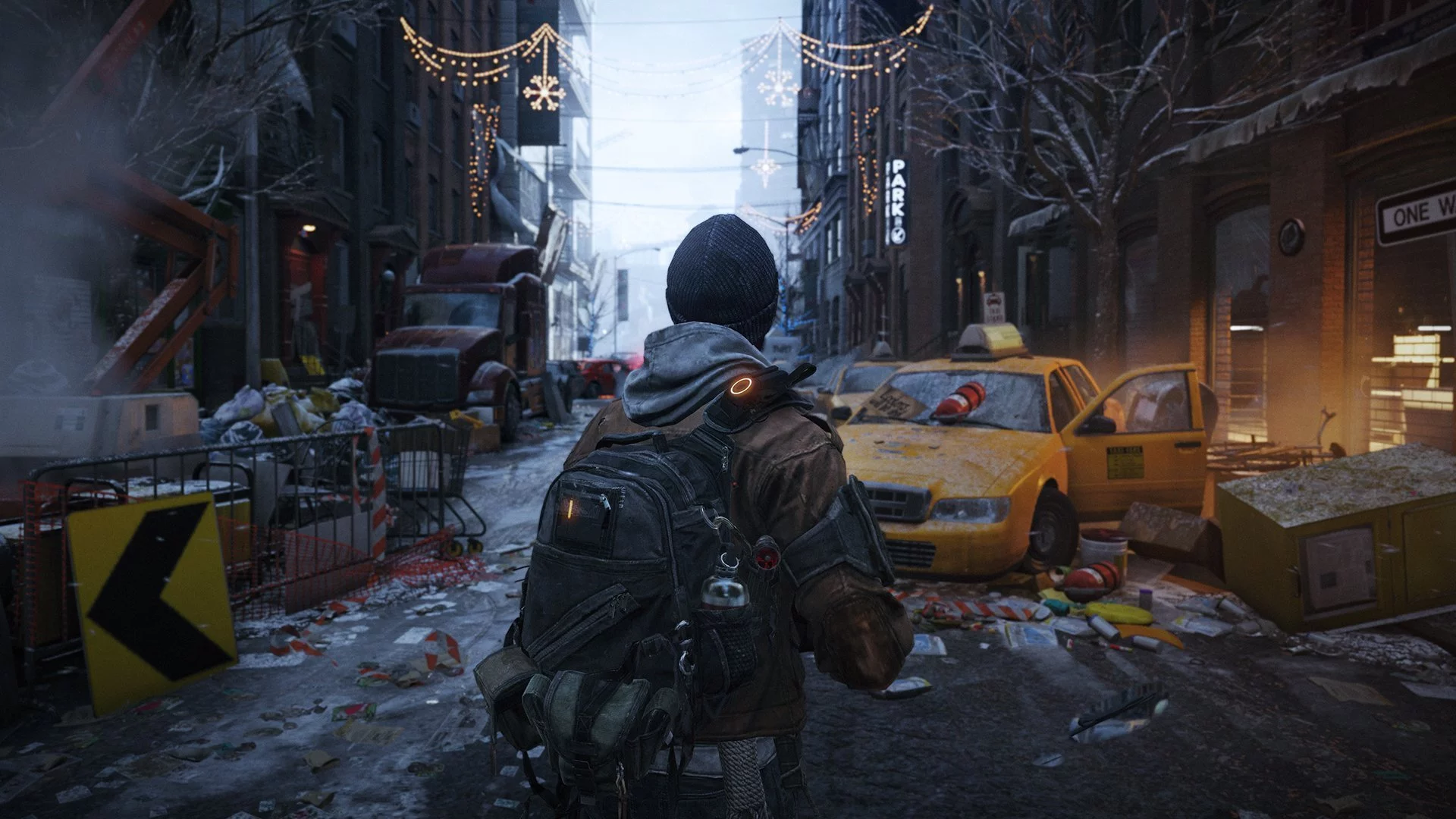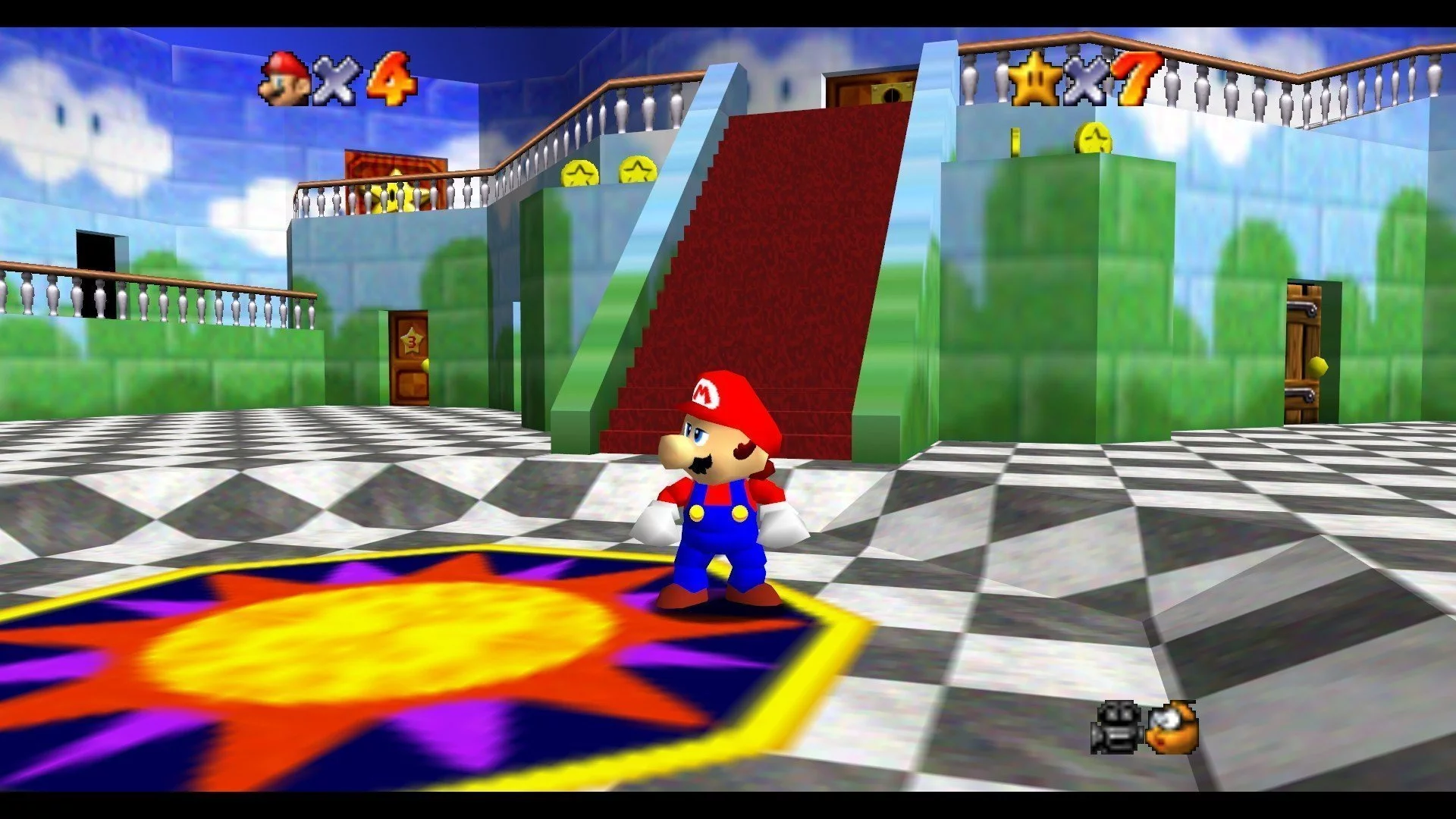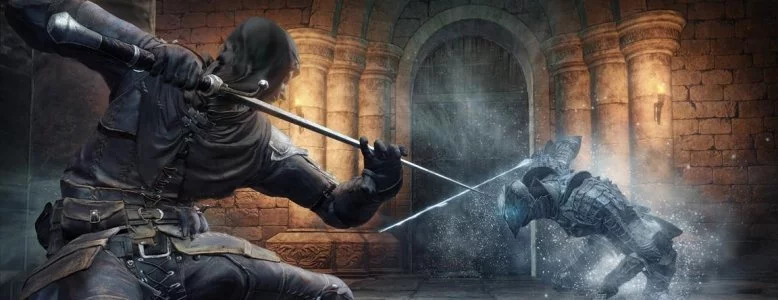Microsoft versus Sony, Battlefield versus Call of Duty and Forza versus Gran Turismo. These are some of the rivalries that can get people talking about console wars. “Game On or Game Over” is your place to get inside the minds of Nicholas and Andy as they seek to find the true meaning of gaming and tackle some of gaming’s most controversial subjects. Both are award winning authors – although the awards haven’t been mailed or created yet — but trust them. Would they lie to you?
Nicholas: For the past three weekends, Pokémon Red has been my life. I’ve even had to cancel some personal commitments so I could focus more time on exploring Kanto and expanding my Pokédex. That said though, I didn’t want to focus this week’s article on who’s the better starter – Charmander, Squirtle or Bulbasaur. No, instead it was something that’s come out of the 15+ hours that I’ve (happily) sunk into it so far. While I’ve been enjoying the nostalgia hit in returning to a game that undoubtedly sparked one of my longest connections with a franchise, it’s been interesting to see how much the series has come in 20 years. Graphical improvements are to be expected, but it’s the gameplay tweaks that have come about that I appreciate most.
So, where does that lead us? This week I wanted to discuss some of the features of modern gaming that we don’t appreciate enough, compared to what we had to deal with as gamers growing up. I also wanted to highlight some of those features of games that we had to endure 20 years ago, which would be complete no-no’s now.
As an example, something that I’m constantly battling with in Pokémon Red is the item limit in my inventory. Nowadays we’re used to bags with 10 pouches that can carry 100 items, but back then, back 20 years ago, it’s capped at around 30 (if not less). I’m constantly either selling unwanted items or depositing them back into my PC to make space. I know it sounds somewhat petty, but when you’re constantly picking up items in an RPG, it’s interesting how much of a difference it makes.
So, to kicks things off I wanted to ask you – is there any feature from those old-school games that you’re glad we don’t need to deal with anymore?
Andy: I’m currently playing The Division so I totally understand backpack limits and selling/breaking down gear. Of course they are different games, and in the case of The Division chances are pretty good that you’ll find something better but I am such a hoarder it isn’t funny. In Fallout 4 for example I have loads and loads of gear I’ll literally never use, but I have to keep it because I have to keep it. I literally have my settlement laid out with separate containers for everything. I have different containers for each ammo type, armour, unique weapons, unique armour, alcohol, food, med supplies, etc. It’s crazy and the reality is I’ll never use or need 99% of it. But in the off chance I do… well I’m good to go.
To answer your question though let me tell you a quick story. Little Andy was sitting in his parents basement playing Metal Gear on his awesome Nintendo. He really liked the game, some parts were particularly frustrating and hard but he kept playing it. He had a trusty notebook where he wrote a lot of stuff down, things he thought were important, things he heard in conversations on screen, but most importantly in the front three pages he had what looked like random lines of letters and numbers. Each series of letters and numbers would be crossed out and replaced by a new one underneath it. One day little Andy was playing the game when his mom yelled downstairs that it was time for supper. Little Andy dutifully wrote the next series of letters and numbers in the book and crossed out the one above it, turned off the game and went and had spaghetti for supper. After his meal he went back downstairs turned on the console, loaded the game and entered the series of letters and numbers and got the message “Not a valid save code” or something similar. Little Andy tried and tried to enter the digits to no avail. He then tried to use the string above it but couldn’t because of the line through it making it unreadable. Little Andy was heartbroken and scarred for life.
So to answer your question, there is most certainly a feature from old-school gaming that I’m glad we don’t have any more and that’s the dreaded manual – literally manual – save feature. Where in order to save the game you had to select ‘save game’ and then write down the randomly generated code and pray you 1) wrote it down correctly and 2) could read your handwriting. To this day I am still worried if things are Z or 2 or B or 8 all because of Metal Gear. I was never able to decipher that save, I was devastated. So the ability to click ‘save’ now and know it’s good to go and even saved to the cloud is very reassuring, and much less traumatic.
Last week we talked about positive things in gaming, and we touched on things that we take for granted. After reading your initial question this week aside from the save method, something else came to mind that we most certainly take for granted that I think we should touch on. The controller. Gone are the days of a D-pad and two buttons. Now most controllers have two sticks, a D-pad and an assortment of buttons. Sure the two button layout was simple and easy but I after playing on a modern controller for so long the old controller certainly had its limitations. Do you miss the old two-button days or is that something you are glad has passed by the wayside as well?
Nicholas: Fortunately the manual save phase in gaming as before my time. My first games were the likes of Super Mario Bros. so the save feature was built into the cartridge. Hell, it wasn’t until the GameCube that I had to deal with memory cards. I have seen episodes of the Angry Video Game Nerd though where he talks about the manual save issue, and each time I think, “thank goodness I didn’t have to deal with that nonsense.”
To answer your question though, no, not in slightest. Hahaha. The two-button controllers worked well when most games were platformers and you only need to either jump or punch, but I appreciate the fact that games have advanced so much in the past 20 years or so where we’re essentially in full control of our characters. I think that itself adds to the whole immersion factor of games these days. We’re not just walking and jumping, but we’re in full control of everything our characters do, so it’s a lot easier (and enjoyable) to slip into their world. Perhaps what I don’t miss more than just two buttons though is the D-pad. Thinking back to the days where you had to jump from ledge to ledge, just a few pixels wide, having to tap the directional buttons ever so slightly so you wouldn’t fall off. Yeah, I’m happy not to go back. Funnily enough though, when I was playing Donkey Kong Country a few months back, I found myself sometimes using the D-pad on my Wii U pro controller rather than the control stick. Maybe old habits die hard hey?
Speaking of D-pads and full control leads onto the next feature of modern gaming that I’m glad we don’t need to deal with anymore – horrible camera controls. I remember playing games like Super Mario 64 and being able to zoom in or out two times, and then you could only move the camera left or right – often restricted by the objects around you. These days though, you’ve got full 360 camera movement in pretty much most games.
Let’s switch this up a bit though. Are there any features of olden games that you don’t see much anymore, that you wish would make a comeback?
Andy: I remember some games with truly terrible camera angles. Some of the early Prince of Persia or Tomb Raider games where you were literally jumping off screen and hoping that you were at the right spot or you fell to your death. Man, just thinking about those days really brings back some painful memories. I think there have been a few games in the not too distant past that had some questionable camera angles but with the double stick layout on the controllers you could get past them most of the time.
When I first read your question of things returning to the good old days my first thought was, no nothing at all. But, the more I thought about it there is something that I miss, and I was reminded of it while playing the afore mentioned The Division. The sheer simplicity of menus and managing gear, the game map, etc. In The Division to get to my gear and equip something I have to hit Start > Items > select the slot (say Primary weapon 1) > then finally pick a weapon. It’s even more clicks if I want to add a mod to the weapon. For as immersive as most modern games want to be there is a growing problem about how much time gamers are spending in game menus.
Maybe this is just a “grass is greener on the other side” type thing but I don’t recall spending that much time in game menus with those older games. Take the old Metal Gear game it used to be start button > inventory. That was it, pure and simple. Like I mentioned above to complete the same thing we now have to hit several buttons, scroll through items, gear and make choices, then equip and back out to continue playing. When I play a game, I want to play a game not spend half the time in a menu. You and I for the most part play different types of games, we overlap some but not all that often. So, what do you think about the game menu thing I mentioned above. Is that just a nature of the beast in games I prefer, or are you seeing it with games you play as well? And, was it really simpler in those older games or am I just remembering things differently?
Nicholas: Game menus were essentially non-existent in the games I used to play as a kid to be honest. As we’ve discussed in the past, I was a Nintendo gamer up until the Xbox 360, so in playing titles like Super Mario Bros or even Need For Speed, it was essentially pick a car or pick a course (works for both games – neat!) and then off you went. Yes, NFS had some customisation, but most of the time you were driving around from event to event, participating, winning and moving on. There wasn’t really an issue with navigating through menus constantly in-between events or what have you.
Interesting that you mentioned game menus though, because that’s yet another feature of Pokémon Red that I’ve been (not) enjoying lately. There was no ability to map certain items to the Select button in the first generation of games, so if you want to use a fishing rod for example, you’ve got to open the menu, select items, scroll to your rod, use it, and if you enter a battle – awesome, if not, rinse and repeat from the step one. What’s even more annoying is that the game doesn’t remember your cursor’s position, so after each battle you need to scroll down and select the item again from your list. It’s the simple stuff that I didn’t recall being so strenuous when I played it as a kid 20 years ago.
Keeping on this topic though, it’s making me think about the differences between games like The Witcher 3 and Mass Effect 3. I was having a chat with another gamer recently and he spoke about how, with each subsequent sequel from the original Mass Effect, that it was losing its RPG-ness. I then think about a game like The Witcher, and it’s so complex as far as all the items you can carry, their uses and applications, etc. Above you speak about wanting games to be simpler, but there are gamers out there who feel that games lose their touch when they do. What are your thoughts on that? Do you think RPG titles like Mass Effect should be made to cater for those RPG purists, or are the developers going down the right path by making them more accessible for non-RPG gamers like myself? With more buttons on our controllers and more detail in games overall, is going down the simpler path better, worse or it depends on the game?
Andy: Maybe I need to rephrase what I meant above. When I say simpler I am only talking about game menus and how long it seems to take to navigate them to get back to the actual playing of the game. I’m fine, and actually enjoy, a game being complex. There is certainly a place for simple games as well, in fact I enjoy both it just depends on what mood I’m in and what I want to play. It still seems like developers aren’t putting as much effort into ease of use in their menu systems as they are with other aspects of their games that’s for sure.
You raise a very interesting point when you talk about how games lose something the bigger they get, and they seem to cater to more and more people. Granted I’ve never been on the development side of games, but that has to be something that the developers struggle with. You want to make your game as accessible as possible to as many people as possible. Yet, at the same time you don’t want to lose your game’s identity and alienate the fans that got you to that point. It’s certainly a fine line to walk. Some games do it better than others, some don’t cater to any fans but the hardcore ones, and some gradually change over time into a new vision. All three are OK really, it just depends on what the ultimate goal is.
Take Dark Souls for instance, that is a game that refuses to change. You either love it, or you hate it. The Fallout series has changed dramatically since its inception. For the most part it has kept the core group of Fallout fans but it’s also added more and more fans with each new instalment. Mass Effect is a great example as well of a game that seems to be changing its vision. I don’t think I’d go as far as to say it’s losing its RPG-ness, rather I think it’s just seeking to expand the interest for it. By expanding the interest some things have to take a secondary role and in the case of Mass Effect it’s some of the more hardcore RPG elements. But the story and scope of the game have never changed.
We’ve talked quite a bit these past couple weeks on things that are going well in the gaming industry, things that we miss and things that we would like to see differently. More often than not we say something to the effect of “I remember when…” or “When I first started gaming…” then we list off a bunch of things. Gamers are an interesting lot aren’t they? In that we trumpet wanting change, innovation and new things, unless it goes against the things we (as individuals) like and prefer. When that happens it’s time to circle the wagons and light the torches. Change can be hard for gamers, most of us are very set in our ways and when something gets us off those tracks it’s unnerving. Putting aside the multiple buttons, game menus and shifting developer focus – is it time for gamers to start to embrace change a little bit more? Instead of saying “It will never work that way” to just roll with it and give it a chance? I mean, if we truly want innovation and new experiences we have to support the games that try to deliver that stuff do we not?
Nicholas: I think you raise a really valid point there, and I don’t think it’s something we really highlight much (if at all) to be honest. Too quick are we to tear apart a game when it deviates away from its previous formula or too quick are we to compare it to another game, that we’re often slow to recognise when it does something different, or at least to recognise when it’s trying to shake the formula up a bit. If we use Mass Effect as an example, sure, it may have lost some of those hardcore RPG elements, but what it’s done at the same time is entice so many gamers to explore the sci-fi world and lore that BioWare have created, especially those who might have turned their noses at that kind of game to begin with. I say that because I’m one such gamer. Usually sci-fi and me don’t mix, but there’s was something (well, so many things really) that drew (and kept) me in. If it stayed a pure RPG game, maybe to the likes of The Witcher, I probably wouldn’t have kept playing it like I did.
I say the above though, but I’m going to be a hypocrite and complain when games like Super Mario or Pokémon feel like they’re getting to easy these days. Once again, I can appreciate Nintendo wanting new gamers to fall in love with these franchises like I did, but part me also wants to experience a new challenge like I did as a kid, as opposed to blitzing each game with minimal effort.
As we approach the end of this week’s article, I’d like you to elaborate more on what you mentioned at the end of your last response. Are there any kind of games you’ve either played or heard about, that were (in your opinion, unnecessarily) ripped to shreds by gamers for trying something new? At the same time, have you seen those innovations that might have ‘failed’ in that game be employed elsewhere, and did it work? If so, why do you think gamers were so against the change initially, but were more receptive the next time around?
Andy: That’s a pretty difficult question actually. Mostly because you really have to think back and get past your own thoughts and opinions as well as well as looking at things as they were then not how they are now. The first thing that comes to my mind is Fallout 3. Looking at it now it’s one of my personal favorite games I have ever played. I know I’ve talked a lot about it before, but there was quite a bit of shock and complaining when it went from Fallout 2 to Fallout 3. Bethesda changed quite a bit about it. It went from a Top-down more strategy type RPG to a first-person RPG. There was a lot of talk that the series was going too far away from what it was supposed to be. Fast forward to last year and the release of Fallout 4 being one of the biggest releases of the year, yeah I think Bethesda made the right decision. That switch, which was quite a big shift certainly brought more fans to the series while keeping most of the ones that were there to start as well.
The other thing that comes to mind is something that will probably surprise a lot of people. The Kinect sensor for Xbox. When it released on the Xbox 360 there seemed to be two schools of though. A small group thought it was an amazing idea that could offer a bunch of new ways to play and interact with games. A second, much more vocal group, railed on the Kinect for being a waste, it will never work, and just an all-around stupid idea. Many of those same comments were made when the original Wii was announced as well.
People were hesitant to try the Kinect and those who did were split not in terms of its usefulness but how well it actually worked. When the Xbox One was announced Kinect was mandatory and people piled on more hate towards it. I was one of those who hated it, but I begrudgingly set it up and tried it, and over time it became a nice little addition. I still have not played any games with it – and doubt I will – but for voice navigation I really like it. I would like to see Xbox develop just a camera-less option for the Kinect but that’s probably a pipe dream. At this point the Kinect seems to be barely floating above water and I think it’s equal parts Microsoft’s failed message about it as well as the gamer backlash at something that dramatically different.
The Kinect is certainly an extreme example, but the message I think is universal. There are times in the gaming industry where developers try to really push the envelope and get people out of their comfort zones. More often than not it’s met with a great deal of pushback, yelling, screaming, threats or what have you. All this is usually done even before the gamers have actually played the game or used the peripheral. We (me included at times) are too quick to jump to a conclusion instead of seeing how everything works. If we truly want the industry to go and to continue to offer us new experiences we have to give those who try at least some option to do it. If we keep saying no to every new idea then in five years we are going to be playing Call of Duty 27 or Assassin’s Creed 15. Judge something based on what it is, not what you think it is. But most of all give those new ideas a chance, even if they don’t work something else may come from it. Like we said before the more choice there is for gamers the better our experiences will be for it.
Tune in next time for the next instalment of Game On or Game Over. If you have any ideas for our next article, feel free to contact Andy or Nicholas on Twitter.
This article may contain affiliate links, meaning we could earn a small commission if you click-through and make a purchase. Stevivor is an independent outlet and our journalism is in no way influenced by any advertiser or commercial initiative.


